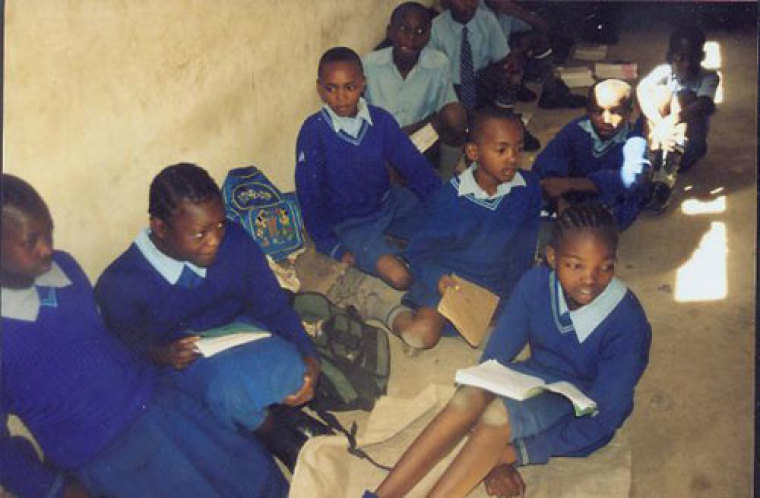
Church World Service (CWS), a US-based global humanitarian ministry of 36 Protestant, Orthodox, and Anglican denominations, have been cooperating with the Kenyan Government to implement a 'School Safe Zones' initiative intended to eventually embrace all public schools across that nation.
The initiative has been launched due to the concern over the low quality of free primary education widely offered in Kenya. Current challenges include classroom congestion, lack of learning materials and desks, low teacher motivation, insecurity, and drug abuse.
In fact, the Kenyan Government, CWS and a national task force of Kenyan educators, parents, religious leaders, and other public and private sector stakeholders have been working together for nearly two years to create sustainable solutions for those problems.
The School Safe Zones program has finally become part of the non-governmental agency's (NGO) multi-year Africa Initiative under the vision of CWS Executive Director Rev John L McCullough, who lived and worked in Kenya earlier in his career. He has presented his idea to other leading NGOs, in spring 2003, to UN-Habitat.
"The CWS School Safe Zones program is a community model," says McCullough. "The work plan for each school was developed and certified in consultation with parents, community, the national task force, and ministry of education officials."
An initial seed grant of US$14,700 will be distributed by Kenyan Assistant Minister for Education Hon. Beth Mugo during a ceremony on Thursday to aid the set up of ten designated pilot primary schools. The funds will be spent on immediate priority needs, such as fencing and perimeter walls to provide safety, classroom rehabilitation including desks and teaching aids, and sanitation facilities and water storage. Advocacy for girls to attend school is also desperate.
"By the end of 2015, we want all schools in Kenya to have attained School Safe Zone status," says lay African President of the World Council of Churches Dr. Agnes Abuom, Chair of the School Safe Zones National Task Force.
"Within some Kenyan private and boarding schools, student safety is already being addressed," CWS Nairobi staff and local School Safe Zones coordinator Jane Machira explained. "In one Maasai boarding school, the teachers are going out to girls in the community and saying, 'If you want to avoid genital mutilation or being forced into an early marriage, come to our school to be harboured.'"
"In fact," Machira said, "One father brought his own daughter to this school himself to ask for her protection.
"The local government is supporting this school’s offer of safe harbour," she said. "We intend to bring this kind of security to all children in Kenya."
Church World Service Chief Development Officer Peter Crouch says CWS is launching a fundraising campaign in partnership with the Kenyan School Safe Zone National Task Force that is designed to attract contributions in the U.S. from the general public, from CWS member communions and congregations, and from private foundations.
The campaign will also seek support from Kenyan corporations and U.S. multinationals doing business in Kenya, who meet designated criteria as socially responsible world citizens.